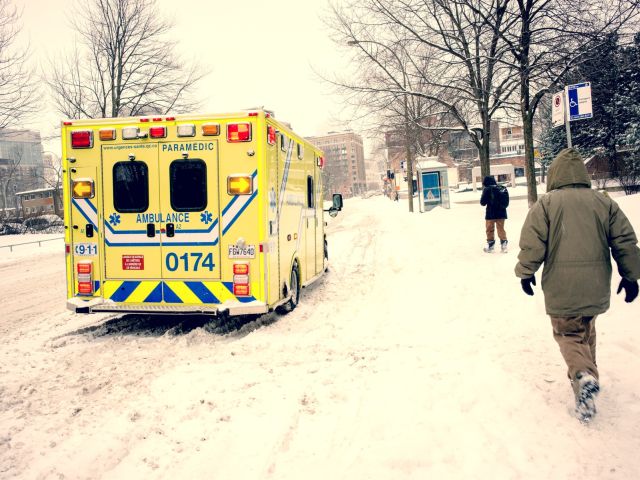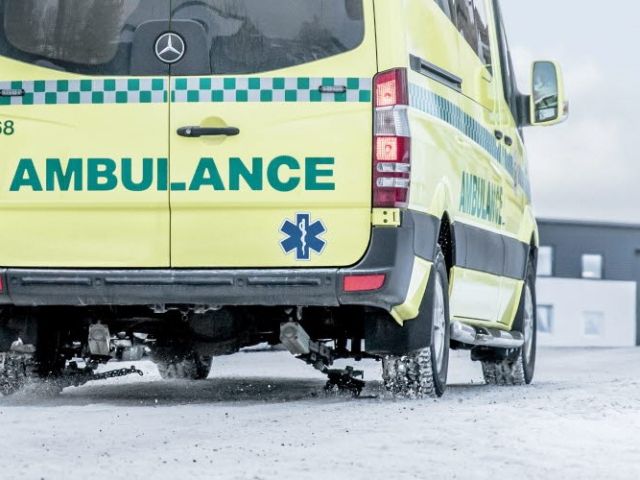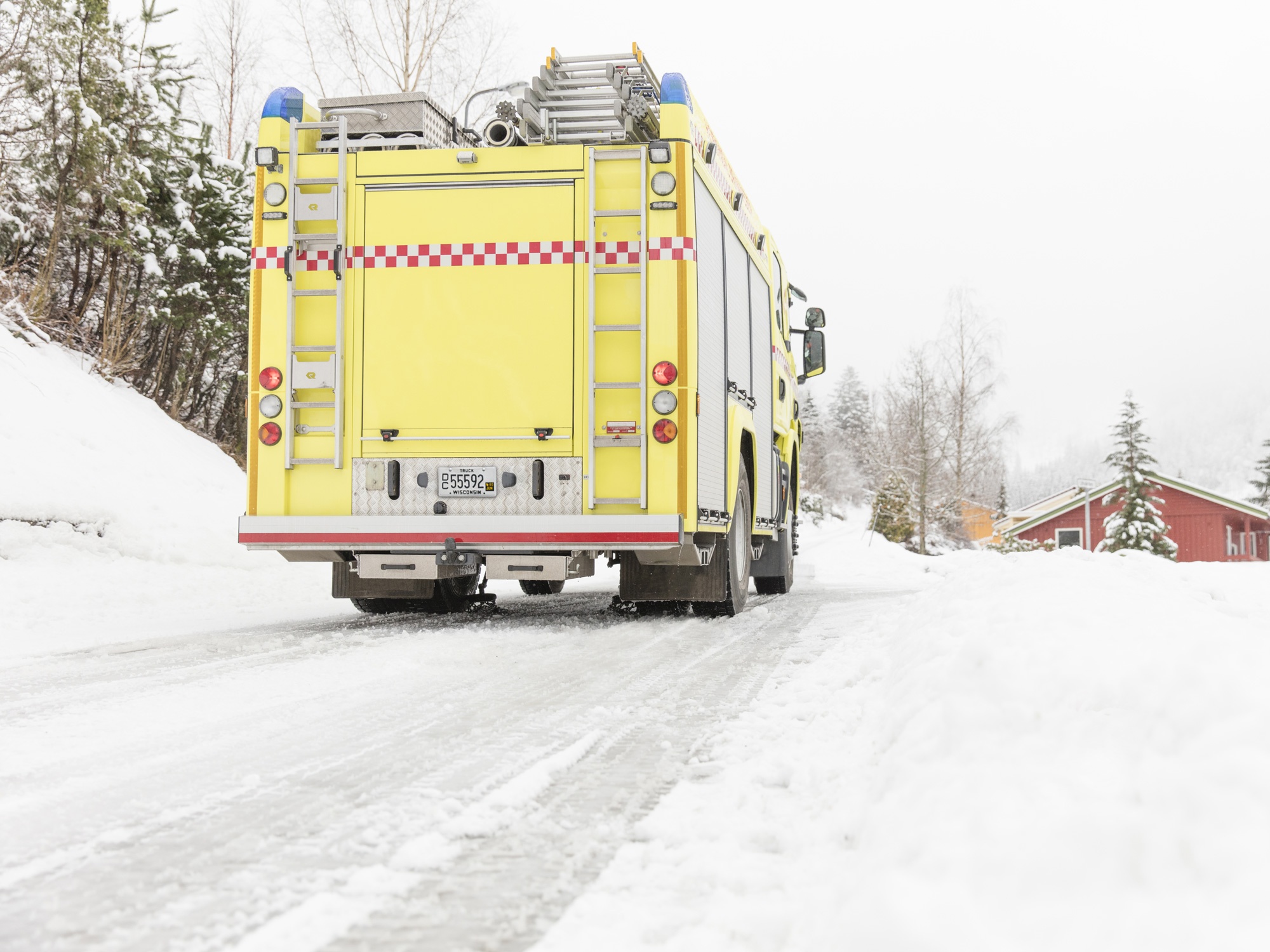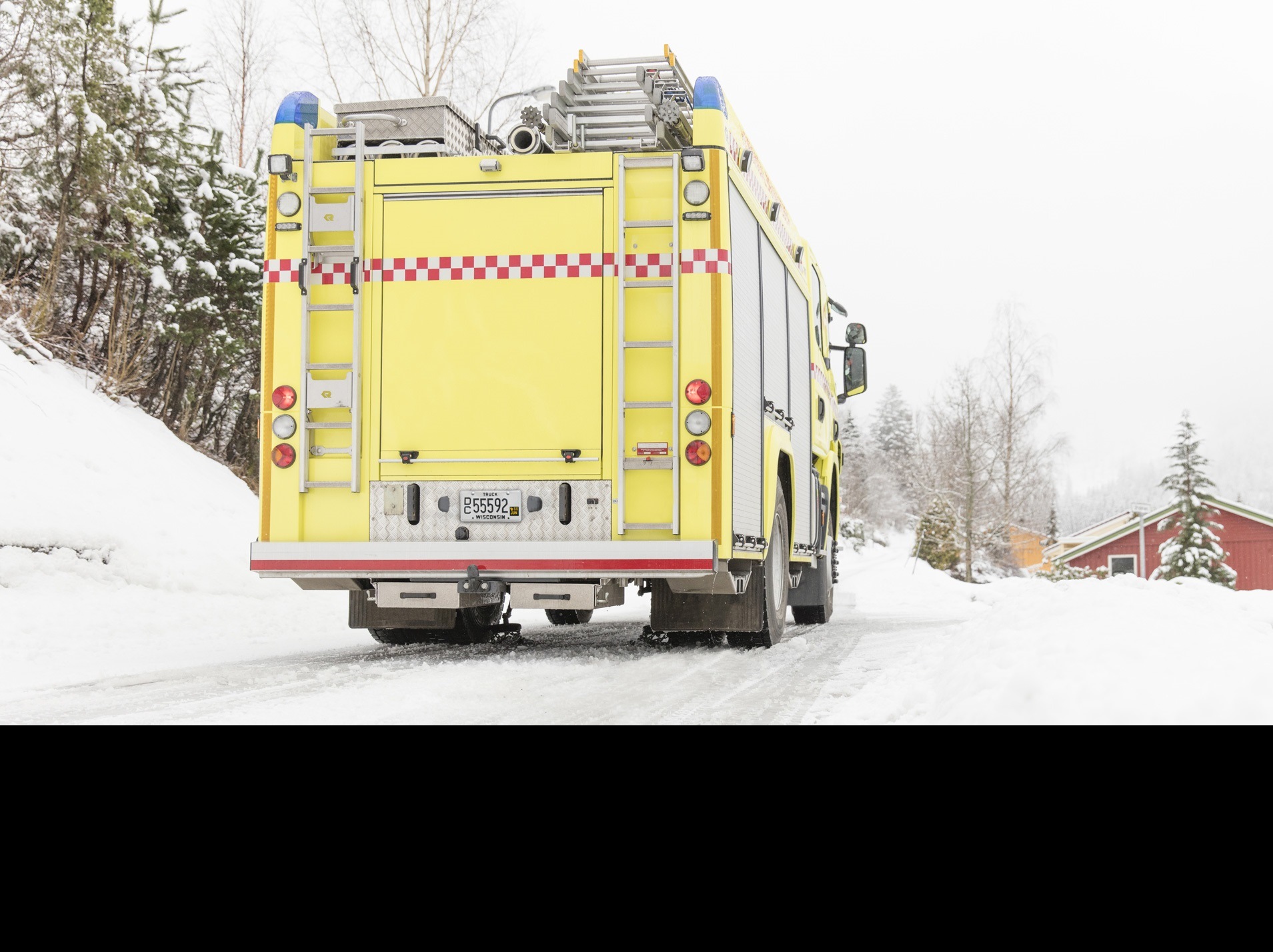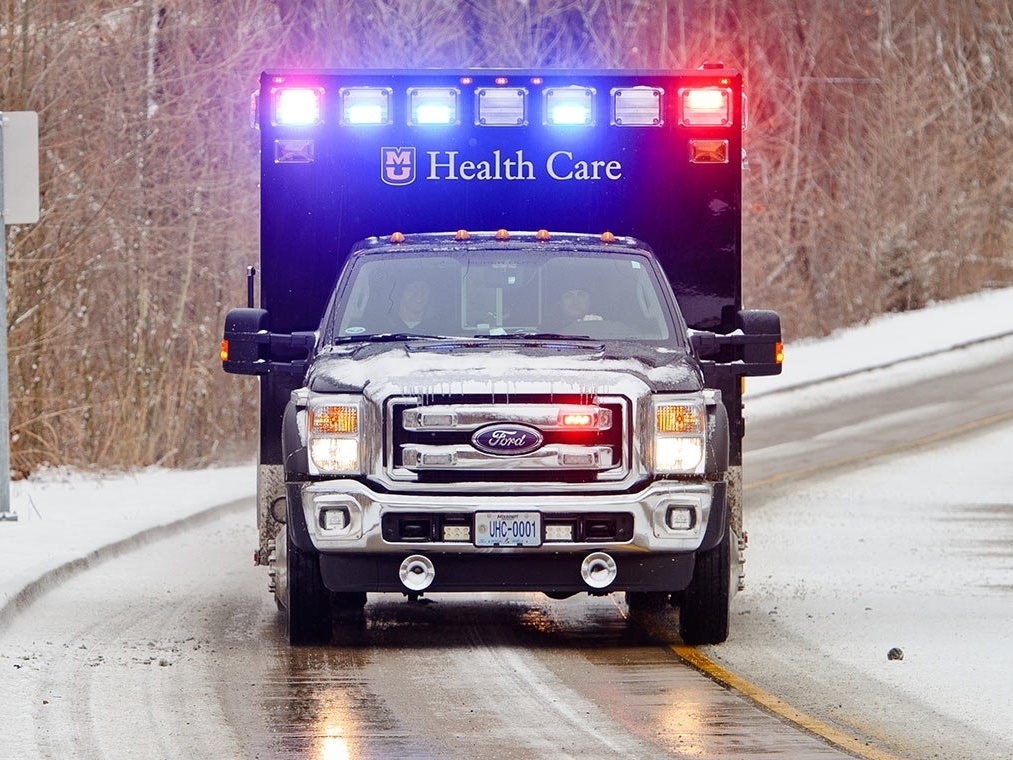My position as Western Regional Sales Manager for Onspot gives me the opportunity to meet with fleet managers in my territory. Whether I am at a trade show or at the customers location providing training or a fleet review these individuals always talk about challenges that come up and how they are resolved.
: Rescue Vehicles (2)
×Operations in snow and ice: A challenge for fleet managers
Leonard D'Orlando, October 31, 2019
How the drivers keeps their Onspot ready ?
Leonard D'Orlando, June 13, 2019
For most countries in the world, snow and ice have given way to sunny roads, which then become the holiday route for some. We hope you made good use of your Onspot automatic snow chains in the winter, and learned about the usage tips.
Typically, our first thought of a rescue operation is the fire. At a major fire event, an ordinary person can do nothing but sound the alarm and possibly warn others, then wait for the arrival of fire trucks with skilled firefighters using the right equipment to put out the fire. Here, the public is entirely dependent on the rescue team and their operation. However, there are situations when the actions of the public are crucial for saving lives when the professional rescuers are not first on scene. Here is why seconds may count.
Is 4x4 enough to keep your vehicle safe?
Ulrik Andersson, May 23, 2019
When purchasing a new vehicle, 4x4 is a common option to consider. No wonder, it’s a familiar and well-tried solution with good features for safer driving – but it’s easy to ignore its weaknesses believing there’s no better alternative. However, when reflecting on those situations where traction is really crucial for your operations, you may conclude that 4x4 is not the perfect solution, but rather a compromise. Learn more here.
Considerations for today's ambulance
Leonard D'Orlando, May 16, 2019
Safety first, never last: The ambulance of today is a sophisticated machine and whether new or a remount its primary goals is crew and patient safety. Here are some things to consider when looking at a new ambulance or making updates to an existing unit.
Achieving the shortest response time possible is key for saving lives or property at risk. But, what is response time?
Rescue Driving: The Keys to Reduced Response Time
Eric Jones, October 6, 2018
In rescue operations, the time required to arrive on site from the moment of the first call is a critical measure of effectiveness. First responders work tirelessly to reduce response time which means more lives are saved and injuries can be treated before they become life threatening.
Rescue Driving; How to be Efficient in Winter
Lucas Gulino, August 23, 2018
In your profession, driving a vehicle is not just a mode of transportation, it’s one of the tools that allows you to save lives. As such, your vehicle must be equipped with the best equipment to get the job done.
Why Response Time Must be Reduced
Leonard D'Orlando, August 3, 2018
One of the measures of effectiveness in rescue operations is ‘response time’. Naturally, in emergency situations, achieving the shortest response time possible is crucial for saving lives or property in danger. Therefore, a lot of time and effort are put into reducing response times. But what is actual response time?
How does Onspot help law enforcement?
Maritza Hernandez, May 31, 2018
Federal, state and local law enforcement departments are equipped to respond to calls for service no matter the time of day, weather or terrain. As with their fellow first responders, law enforcement officers must arrive “on scene” safely and in a timely manner.


